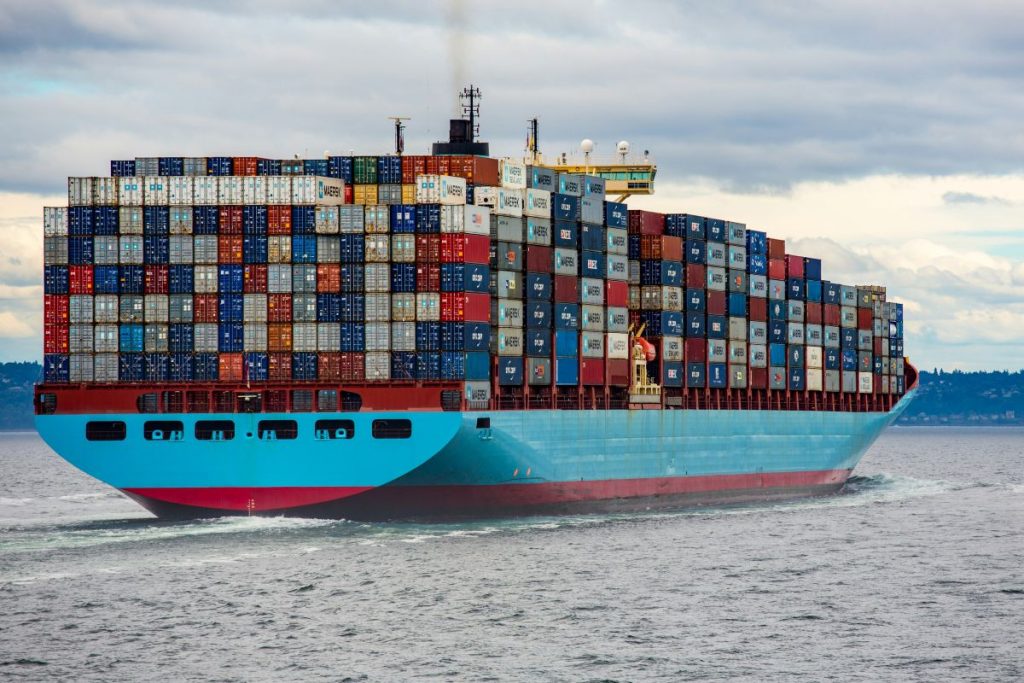From May 2, the U.S. will revoke the de minimis duty exemption for most imports from China and Hong Kong, signaling broader tariff enforcement and looming changes for other countries.
De Minimis Ends for China as US Tightens Trade Enforcement
Supply chains built on low-value, direct-to-consumer shipping from China face a major disruption next month. The White House confirmed that, starting May 2, imports from China and Hong Kong will no longer qualify for the longstanding de minimis exemption—previously allowing packages under $800 to enter the U.S. without duties. This change excludes shipments arriving via the international postal system, which will instead face a simplified fee: 30% of the item’s value or $25 per package—doubling to $50 from June 1.
For postal shipments, U.S. Customs and Border Protection (CBP) may also require formal entry, making them subject to standard duties, taxes, and fees. This marks a significant shift for e-commerce retailers such as Shein and Temu, as well as smaller businesses relying on factory-direct deliveries from Asia.
The move is part of a broader trade enforcement strategy initiated under the Trump administration. The executive order also paves the way to remove the exemption for imports from other countries once reliable systems are in place to process and collect tariff revenue efficiently. Exceptions remain only for eligible personal travel items and gifts.
A Blow to Fast Fashion and Lean Inventory Strategies
The de minimis threshold has long enabled businesses to bypass customs bureaucracy and reduce landed costs. Retailers shipping straight from Chinese suppliers have optimized around this rule, using it to maintain agility and low stock levels. But concerns around misuse—particularly the concealment of illicit substances in small parcels—have driven growing bipartisan scrutiny.
President Trump is targeting deceptive shipping practices by Chinese-based shippers,” the White House said, citing the flow of synthetic opioids as a national concern.
This isn’t the first attempt to revoke the exemption. A similar effort in February was reversed within days due to difficulties in processing postal shipments. The U.S. Postal Service even suspended inbound packages from China temporarily during that time, citing the lack of a working collection system. The policy’s reintroduction now follows a reassessment of postal channel readiness, with other trade channels already equipped to manage duty collection.
The Commerce Secretary has been directed to assess whether similar restrictions should be extended to packages from Macau, with a report due within 90 days.
Strategic Implications for Supply Chain Leaders
While the enforcement targets bad actors, the ripple effects will hit legitimate operators who’ve leaned heavily on de minimis to keep costs down and flows agile. Supply chain leaders should review dependencies on low-value air parcels from China and consider alternate fulfillment models. For global trade and logistics teams, this policy signals a new era of tariff enforcement that demands greater adaptability, not just in sourcing—but in strategy.





